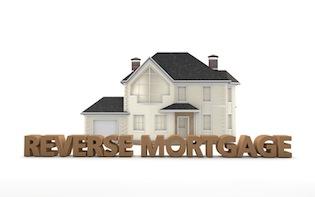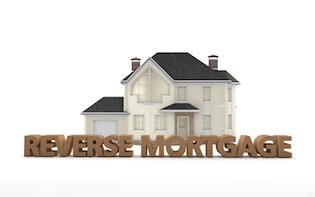
In the second part of our series on Reverse Mortgage, Gargi Banerjee tells you about the advantages and the disadvantages of using this product in your advanced years and when you should consider it.
As a financial tool, reverse mortgage makes a lot of sense for senior citizens in India. This is given the fact that there is little social security, health care costs are rising and a small pension is no longer enough to take care of the financial needs of seniors.
On the other hand, there has been a considerable spurt in real estate prices over the past decade. For the elderly who have self-owned properties can thus depend on their wealth in “home equity” and avail of reverse mortgage schemes. Currently, reverse mortgage loans are available at a 10-13% rate of interest.
Settlement of a reverse mortgage
The borrower and his kin can continue to live in the property premises as usual after the reverse mortgage scheme comes into play. The mortgage loan becomes due when the last surviving borrower expires. The lender then approaches the next of kin of the borrower to settle the loan without selling the property.
If he or she is unable to settle it, the lender recovers the dues by the sale of the property. Any extra amount after the settlement of the loan is passed on to the legal heir or heirs of the borrower. If the borrower or one of the spouses outlives the loan tenure, he or she can continue to stay in the house and the settlement is only done after his/her death.
Pros of reverse mortgage
- •Regular cash flow and guaranteed income until your death
- •Your property is re-evaluated every five years and your loan amount is adjusted accordingly.
- •You can remain in your home and be assured that no one is taking it away from you in your lifetime.
- •The money that you receive from the payouts is exempt from taxes
- •At the time of your passing away if the value of your home surpasses the initial assessment by the lender, your legal heirs have a rightful claim to the difference in value.
Cons of reverse mortgage
- •The documentation process is tedious and rather complicated.
- •Lenders offer loans up to 40-60% of the market value of the property.
- •A cap of Rs 1 crore is applicable on the loan amount.
- •The monthly payouts are fixed and cannot be adjusted in case of an emergency.
- •If you do not live in the property premises for one year (continuously), the bank may foreclose your loan.
When is the right time to consider reverse mortgage?
Although reverse mortgage is a good financial tool, it should not be used as the primary source of meeting your retirement expenses says Vanesh Panchal, CEO of Aapnaaccount, a financial planning firm that specializes in life stages planning. “In case you have been unable to build an adequate retirement kitty or some unforeseen circumstances have thrown your financial plan out of gear, you can consider a reverse mortgage scheme as an alternative retirement corpus,” says Panchal.
If you have a self owned house and feel that some extra income, a reverse mortgage scheme may be an answer to your worries. However, our advice is to be prudent about your decision and make an informed choice.


